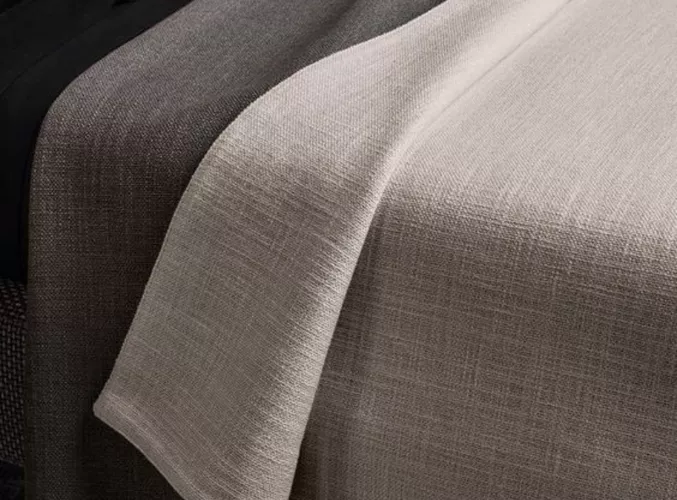Currently, there are various types of parachute fabrics on the market, widely used in the fashion industry. What is parachute fabric? Learn more here with Fashion Bandung.
What is slide fabric? Origin of slide fabric.
Since the early 20th century, people have known about and widely used sliding fabric in various industries. In today’s era, with the development of technology, the demand for safety and convenience, sliding fabric has become a familiar part in many fields. Most types of sliding fabric are industrially manufactured and do not have a natural origin.
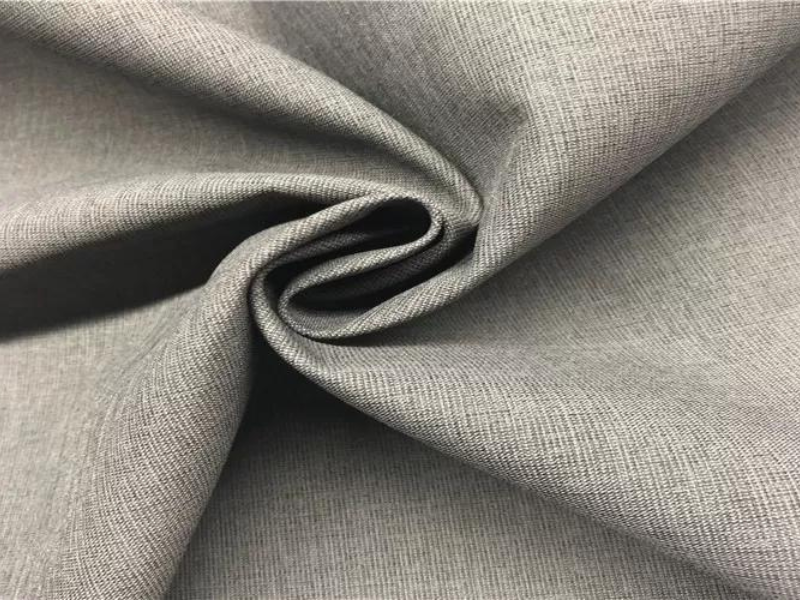
What is sliding fabric? What are the characteristics of sliding fabric?
So, what is the material of the non-slip fabric? Non-slip fabric, also known as anti-slip fabric, is a type of fabric with anti-slip properties that help prevent slipping and create friction. Non-slip fabric is commonly made from materials such as rubber, silicone, PVC, or compounds with anti-slip properties. These materials have the ability to create a surface with high friction, preventing slipping and keeping other materials from sliding.
Vải trượt là vải gì
When it comes to fabric slides, there are various patterns and different features to consider. Fabric slides are a diverse type of fabric that is commonly used in different applications. Fashion Bandung is here to provide answers to questions about what fabric slides are and the characteristics of different types of fabric slides.
Vải trượt hàn
Slip-resistant fabric is one of the commonly used fabrics in garment making and has various special applications due to its ability to prevent slipping and withstand high temperatures. The standout feature of slip-resistant fabric is its surface coating that is either welded or bonded to other layers of fabric using heat welding methods.
This type of fabric is produced using materials such as rubber, silicone, PVC, or other anti-slip compounds, and it has the ability to withstand heat and abrasion. Special welding technologies and production processes are used to create a welded non-slip fabric with optimal anti-slip features.
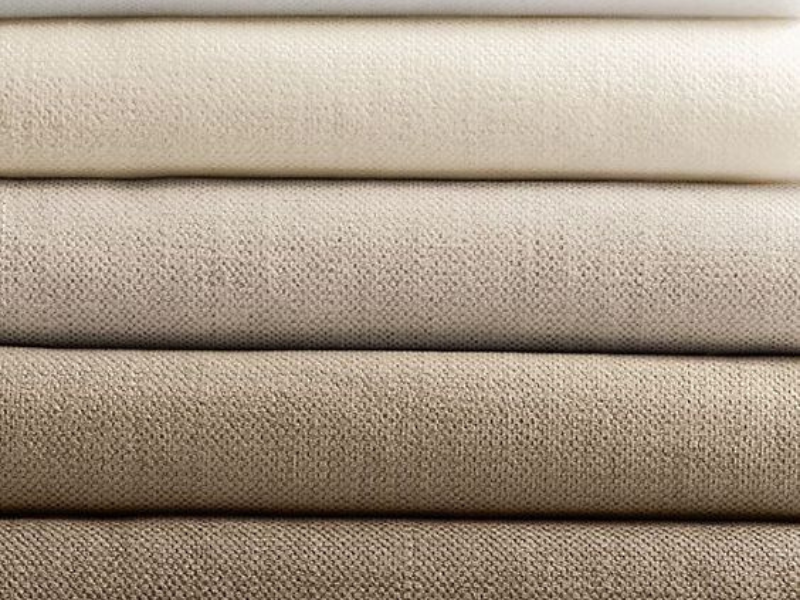
The fabric known as sliding fabric is one of the commonly used types of fabric in fashion and garment making.
Vải trượt hoa
This fabric is known for being incredibly soft, thick, does not require lining, and has slight stretch, ensuring comfort when being used. Slip-resistant fabric is also considered to be a type of fabric with patterns printed or embroidered on the surface and treated to have anti-slip properties. The patterns can be designed in various styles, from traditional to modern, to suit the needs and style of customers.
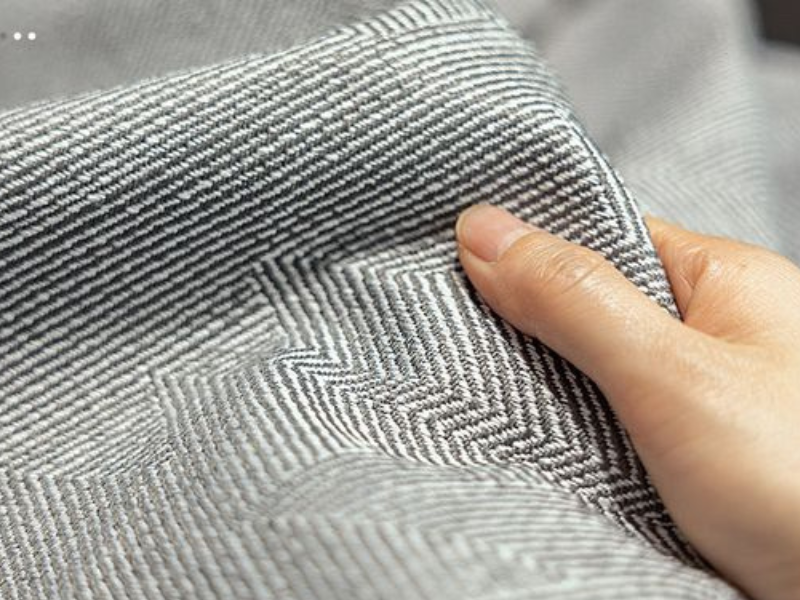
The sliding fabric is extremely soft and provides a comfortable feeling when used.
Vải trượt thái
Thai sliding fabric is known for its smooth, glossy surface and thickness that gives a silky feel when touched. This type of fabric is made from synthetic fibers, providing a cool and comfortable sensation for the wearer. It has excellent garment structure retention, making it a preferred choice for tailoring vests, A-line skirts, pencil skirts, and more.
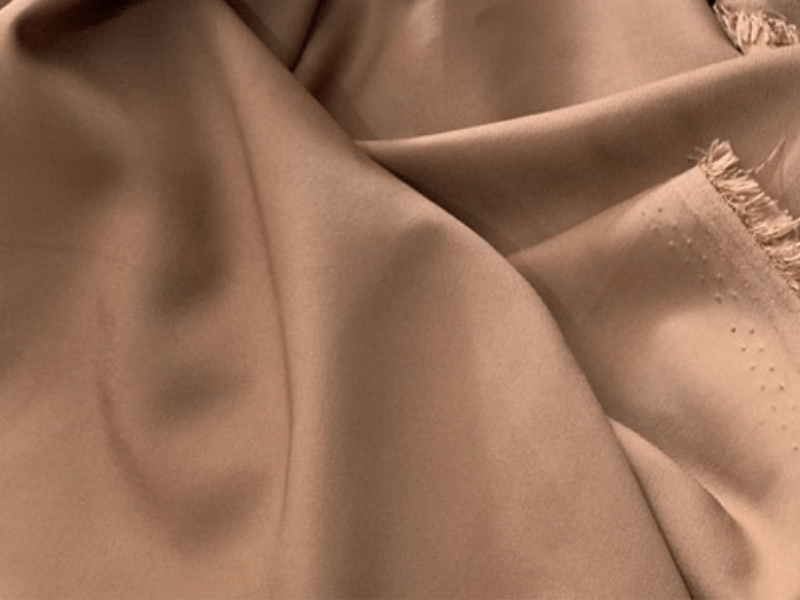
When touched, Thai silk fabric gives a smooth and silky sensation to the hands.
Vải trượt nhật
Japanese Slip Fabric, also known as “Nippon Slip Fabric” or “Quality Japanese Slip Fabric,” is a renowned anti-slip fabric known for its high technology and manufacturing quality in the textile industry.
This type of fabric is commonly made from rubber or other anti-slip compounds. Japanese grip fabric is highly regarded for its non-slip properties and manufacturing quality. It is often designed and produced to meet safety standards and high-quality requirements.
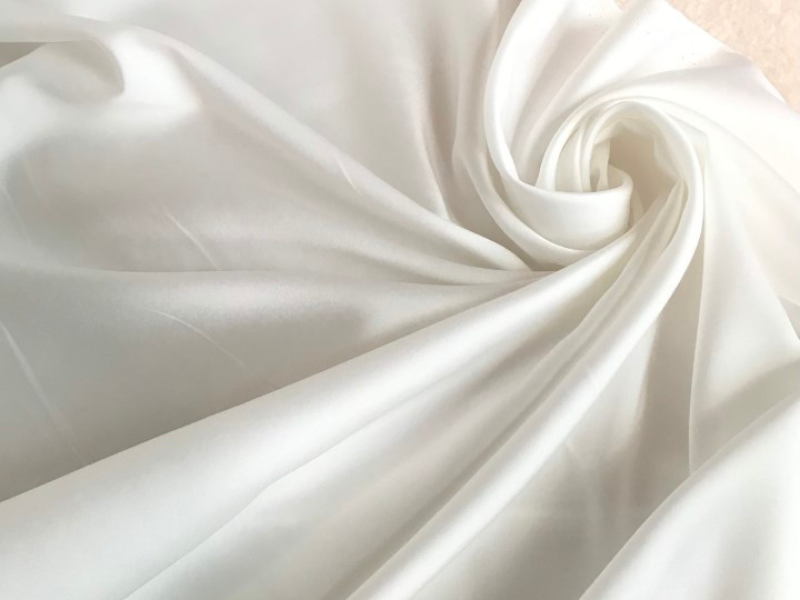
Japanese sliding fabric is renowned for its high quality in the textile industry.
Vải trượt ý
Satin fabric is a type of fabric that is always considered to be on the higher end in terms of cost among sliding fabrics due to its good quality, softness, and slight sheen, which make it very suitable for making evening dresses. The design of satin fabric has distinctive properties such as anti-slipping and increased friction when in contact with surfaces.
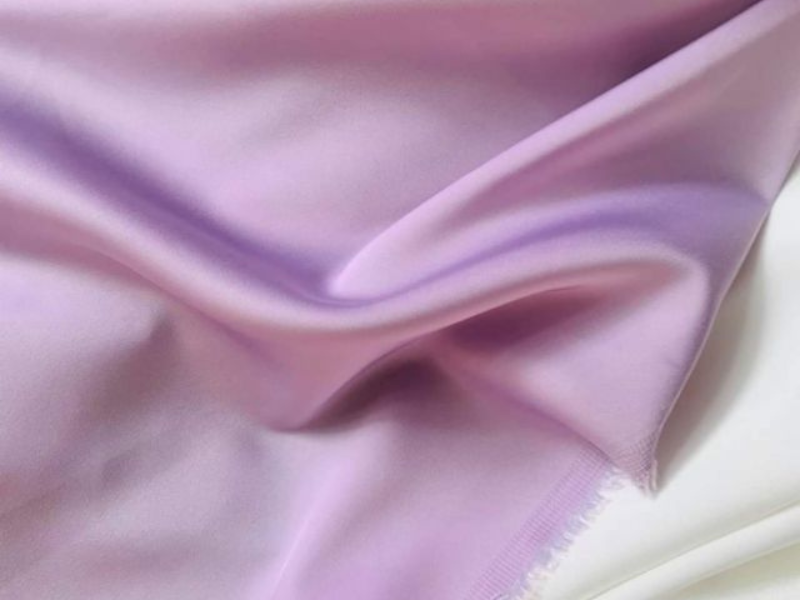
The slippery fabric is highly suitable for sewing various types of formal evening wear garments.
What are the characteristics of slippery fabric?
In addition to the commonly asked question “what is slippery fabric,” many people are also curious about the advantages and disadvantages of this type of fabric. Let’s explore more information below to gain a better understanding.
Ưu điểm của vải trượt
Slip-resistant fabric has numerous advantages and is widely used in anti-slip and safety applications. Here are some key advantages of slip-resistant fabric:
1. Enhanced grip: Slip-resistant fabric is designed to provide a firm grip on surfaces, minimizing the risk of slipping or falling. This is especially beneficial in areas prone to moisture or slippery conditions.
2. Durability: Slip-resistant fabric is made from high-quality materials that are resistant to wear and tear, ensuring long-lasting performance even in demanding environments.
3. Versatility: Slip-resistant fabric can be used in various applications, including footwear, mats, gloves, and clothing. Its versatility makes it suitable for different industries and activities where slip protection is crucial.
4. Comfort: Despite its slip-resistant properties, this fabric doesn’t compromise on comfort. It is often soft, breathable, and flexible, ensuring that users can move without restrictions and maintain comfort throughout their activities.
5. Easy maintenance: Slip-resistant fabric is typically easy to clean and maintain. It can be machine-washed or wiped down, making it convenient for regular use in busy environments.
6. Customizability: Slip-resistant fabric can be customized to meet specific needs and requirements. It can be tailored in terms of color, thickness, and texture, allowing for a personalized solution that suits different applications.
7. Safety compliance: Slip-resistant fabric often meets safety standards and regulations, giving users peace of mind that their equipment or products are designed with safety in mind.
Overall, slip-resistant fabric is a reliable and effective solution for mitigating slip hazards and promoting safety in various industries and activities. Its popularity is a testament to its numerous advantages and its ability to enhance overall safety precautions.
- Chống trượt: Vải trượt được thiết kế để tạo độ ma sát cao khi tiếp xúc với bề mặt khác, giúp ngăn chặn trượt và trơn trượt. Điều này tạo ra một môi trường an toàn hơn cho người sử dụng và giảm nguy cơ tai nạn.
- An toàn: Luôn được sử dụng để tăng cường an toàn trong nhiều ứng dụng, bao gồm thảm chống trượt, dụng cụ thể thao và công nghiệp. Vải trượt giúp ngăn chặn ngã, trượt và các tai nạn liên quan đến trượt.
- Chất lượng cao: Là loại vải thường được sản xuất với chất liệu và quy trình chất lượng cao, đảm bảo độ bền và độ mềm mại của vải. Điều này giúp tạo ra sản phẩm thời trang chất lượng và bền đẹp.
- Đa dạng về thiết kế và màu sắc: Vải trượt có sẵn trong nhiều loại thiết kế và màu sắc khác nhau, mang đến sự linh hoạt cho các nhà thiết kế thời trang. Có thể tạo ra các thiết kế về thời trang độc đáo và cá nhân hóa theo ý thích.
- Độ co giãn và ôm sát: Vải trượt thường có tính đàn hồi cùng độ độ co giãn tốt giúp tạo ra sự ôm sát và vừa vặn với cơ thể. Vải trượt sẽ tạo một cảm giác vô cùng thoải mái cho người sử dụng.
- Chống nhăn và dễ bảo quản: Đây là loại vải có khả năng chống nhăn tốt, giúp bộ trang phục luôn gọn gàng và tự tin. Ngoài ra, ở các lĩnh vực công nghiệp khác vải trượt cũng dễ dàng bảo quản và vệ sinh, không yêu cầu quá nhiều công đoạn chăm sóc đặc biệt.
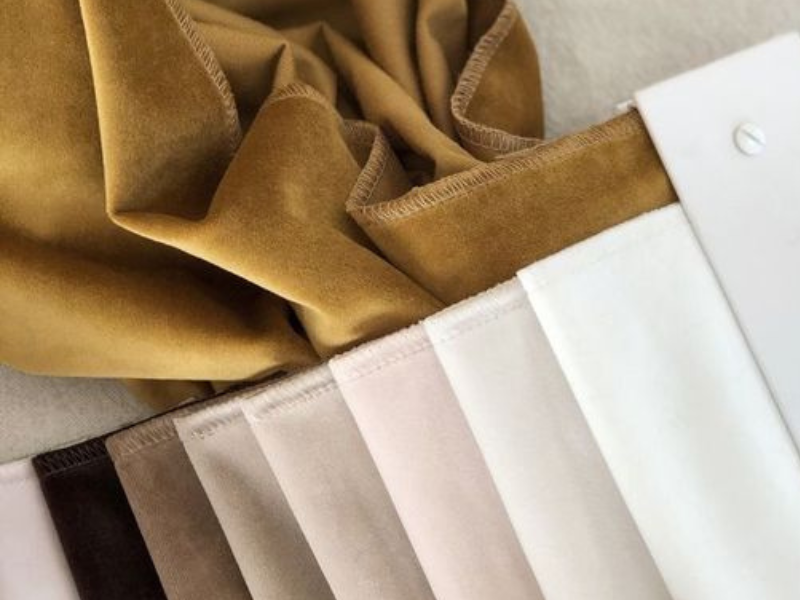
What are the advantages of using slippery fabric?
Nhược điểm của vải trượt
In addition to its advantages, sliding fabric also has some drawbacks that should be noted. So, what are the most noteworthy disadvantages of sliding fabric?
- Giá thành: Một số loại vải trượt có giá thành cao hơn so với các loại vải thông thường. Việc sử dụng vải trượt trong thiết kế thời trang có thể tăng chi phí sản xuất và giá bán của sản phẩm cuối cùng.
- Khó khăn trong việc tạo kiểu: Do tính chất trơn và nhám của vải trượt, nó có thể khó khăn để tạo ra các chi tiết hoặc kết cấu phức tạp trong thiết kế. Việc cắt và tạo kiểu vải trượt có thể đòi hỏi kỹ thuật cùng kỹ năng đặc biệt.
- Khả năng tiếp xúc với chất lỏng: Một số loại vải trượt có thể không chịu được tiếp xúc với chất lỏng như dầu, hóa chất hoặc chất tẩy. Việc tiếp xúc với những chất này có thể làm hỏng vải, làm mất chất lượng và tính chất chống trượt.
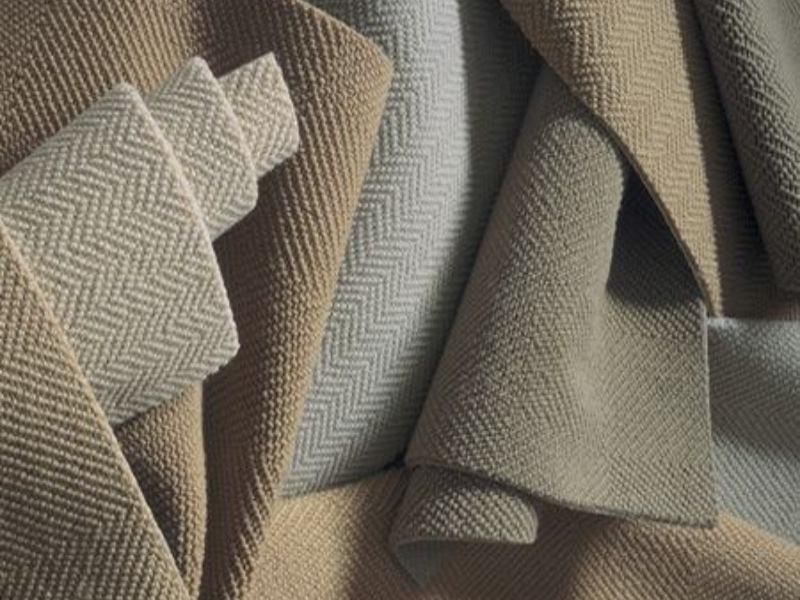
What are some disadvantages of sliding fabric that need to be noted?
The applications of sliding fabric in daily life.
With their unique characteristics and advantages and disadvantages, a question arises: what is a sliding fabric and how is it used in daily life? Due to its biggest feature of being anti-slip, soft, and having many different classifications, sliding fabric is not only widely used in the fashion industry but also in various other areas of life.
Ứng dụng trong may mặc
Slip fabric is highly favored in the textile industry for its versatility and is used in various products, despite its relatively high cost.
- Quần áo thể thao và đồ dùng thể thao: Vải trượt được sử dụng rộng rãi trong việc may quần áo và đồ dùng thể thao như áo gió, quần chạy…Vải trượt giúp tạo độ ma sát và chống trượt, cung cấp sự thoáng khí và linh hoạt cho người sử dụng.
- Trang phục công nghiệp: Các loại trang phục công nghiệp được làm từ vải trượt như áo bảo hộ, áo chống hóa chất, áo chống cháy,…Nhờ tính chất chống trượt, vải trượt có thể cung cấp sự an toàn và bảo vệ cho người lao động trong môi trường làm việc nguy hiểm.
- Trang phục chống nắng: Vải trượt có khả năng chống tia UV và bảo vệ da khỏi tác động của ánh nắng mặt trời. Do đó, nó thường được sử dụng để may áo chống nắng, áo khoác chống nắng và các sản phẩm khác liên quan đến bảo vệ da khỏi tác động của tia UV.
- Đồ bơi và trang phục biểu diễn nghệ thuật: Các loại đồ bơi và trang phục biểu diễn nghệ thuật như váy ba lê, trang phục múa, trang phục biểu diễn trượt băng đều được làm từ vải trượt. Nhờ vải trượt sẽ giúp tạo ra hiệu ứng trượt mượt và khi biểu diễn những động tác thêm linh hoạt, mượt mà hơn.
- Trang phục ngoài trời: Vải trượt có khả năng chống thấm nước và chống gió, nên được sử dụng trong các trang phục ngoài trời như áo khoác mưa, áo gió, áo khoác địa hình, áo trượt tuyết,…
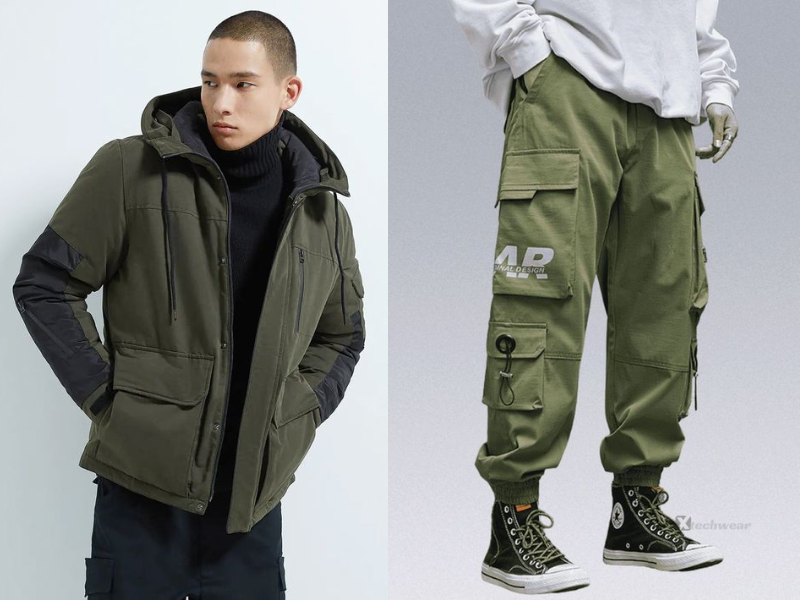
The fashion industry often favors the use of slide fabrics due to their numerous advantages and popularity.
Ứng dụng làm các phụ kiện
Besides the field of garment manufacturing, slip fabric can also be easily found in familiar accessories in daily life. All the accessories that you are using, which are very familiar, are mostly made of slip fabric.
Due to its anti-slip advantages, easy maintenance, and good quality, slide fabric is often used in accessories such as backpacks, handbags, helmets, gloves, belts, and zippers. By using slide fabric for these accessories, they will have a longer lifespan and provide absolute safety for users.
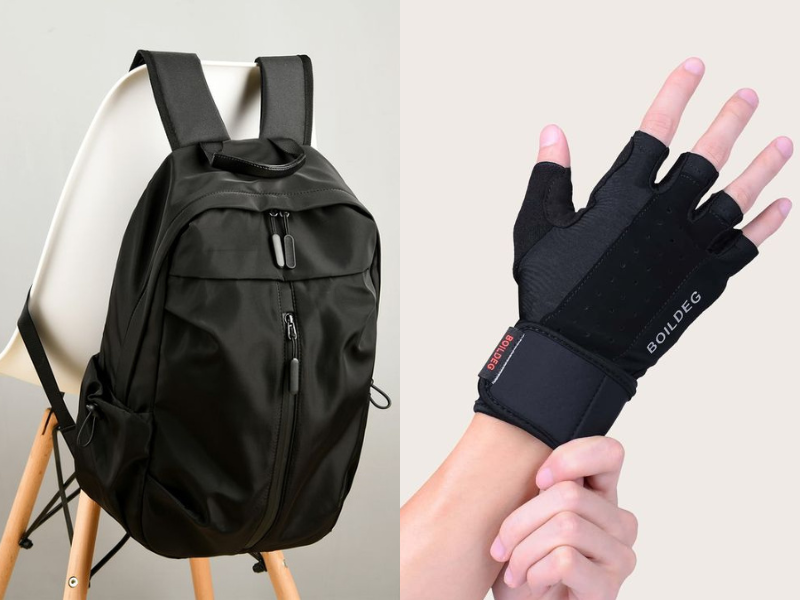
Some commonly used accessories are made from slide fabric.
Ứng dụng làm chăn ga gối
In addition to its applications in bedding, you may be surprised to learn that sliding fabric, also known as glide fabric, is commonly found in the everyday bedding sets we use. This type of fabric is easy to find and is used in a variety of ways.
The use of slip fabric in the production of bed sheets and pillows will maximize the advantages of this type of fabric, providing numerous benefits and conveniences for users. It helps keep the bed sheets and pillows in place and prevents them from being lifted or sliding down during use. It also protects the bed from scratches or damage caused by the movement of the sheets and pillows. Additionally, slip fabric maintains breathability, preventing the formation of bacteria, mold, and unwanted odors.
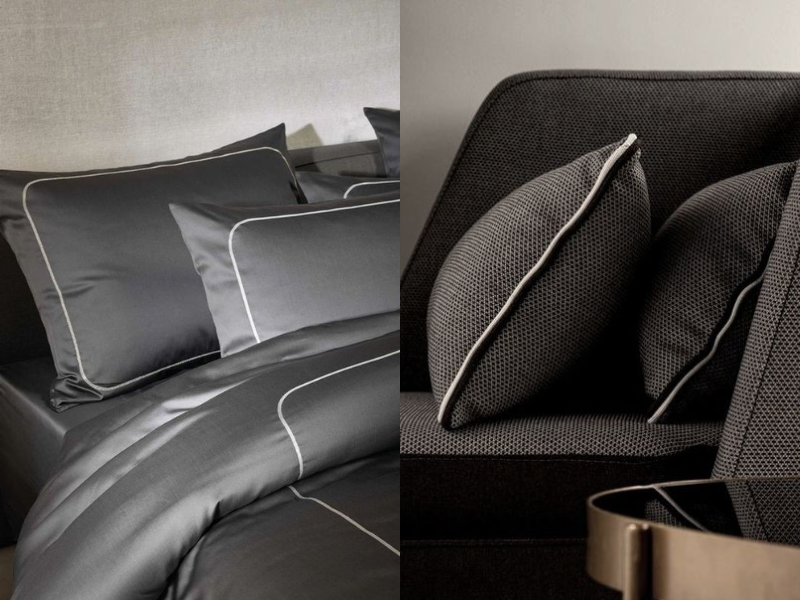
Mostly, bedsheets and pillows are made from slippery fabric.
The basic principles of maintaining fabric sliders always ensure durability and beauty.
Typically made predominantly from synthetic fibers, sliding fabric is one of the types of fabric that has a considerable cost. So what is sliding fabric and what are the principles to keep it durable? Let’s explore the following points with Fashion Bandung:
Sliding fabric is primarily composed of synthetic fibers and is known for its relatively high price. It requires specific maintenance principles to ensure its longevity and beauty. Fashion Bandung will document the following details.
- Giặt với chế độ nhẹ: Khi giặt vải trượt, hãy chọn chế độ giặt nhẹ hoặc giặt tay. Tránh sử dụng chế độ giặt mạnh hoặc vòi nước áp lực cao, vì điều này có thể làm hỏng cấu trúc của vải trượt.
- Sử dụng chất tẩy nhẹ: Chọn chất tẩy nhẹ và không chứa chất tẩy mạnh để giặt vải trượt. Chất tẩy mạnh có thể làm mất đi tính chất đặc biệt của vải và gây hư hỏng cho sợi vải.
- Phơi khô: Hạn chế phơi vải trượt dưới ánh nắng mặt trời trực tiếp, vì ánh nắng mặt trời có thể làm mất màu và làm yếu chất liệu. Ngoài ra, tránh phơi vải trượt trong điều kiện quá nóng hoặc quá ẩm.
- Tránh tiếp xúc với vật nhọn: Cẩn thận khi sử dụng vải trượt để tránh tiếp xúc với các vật nhọn có thể làm rách hoặc làm hỏng bề mặt
- Lưu trữ đúng cách: Khi không sử dụng, lưu trữ vải trượt ở nơi khô ráo, thoáng mát và tránh ánh nắng mặt trời trực tiếp. Gấp gọn hoặc cuộn gọn vải trượt để tránh tạo nếp nhăn không mong muốn.
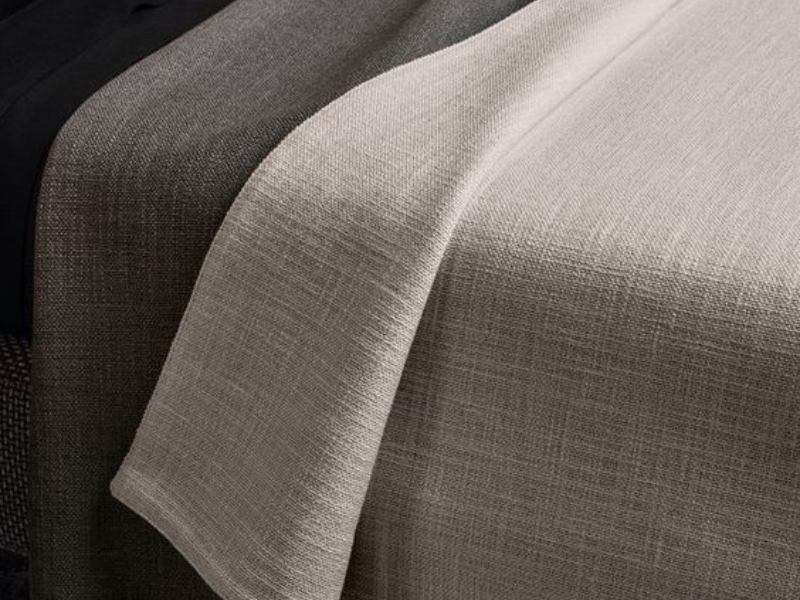
What are the fundamental principles to keep fabric slides durable and beautiful?
The above is all the information about what sliding fabric is, including its characteristics and applications in daily life. Through this article, it is hoped that you will easily choose fashion products related to sliding fabric appropriately and also not forget the basic principles of using it in the most durable way.
Regularly follow the “Fashion Bandung” news channel to stay updated on the latest fashion trends, styles, and most popular fashion designs in the market.
Fashion Bandung specializes in providing fashionable clothing and accessories for men. Our brand offers a wide range of stylish and trendy options to cater to the fashion needs of modern men. We pride ourselves in curating a collection that combines quality, style, and affordability. Our goal is to help men express their unique personalities through their fashion choices. With an emphasis on staying up-to-date with the latest fashion trends, Fashion Bandung is the go-to destination for men who want to look their best in every occasion.
Click here for more information

